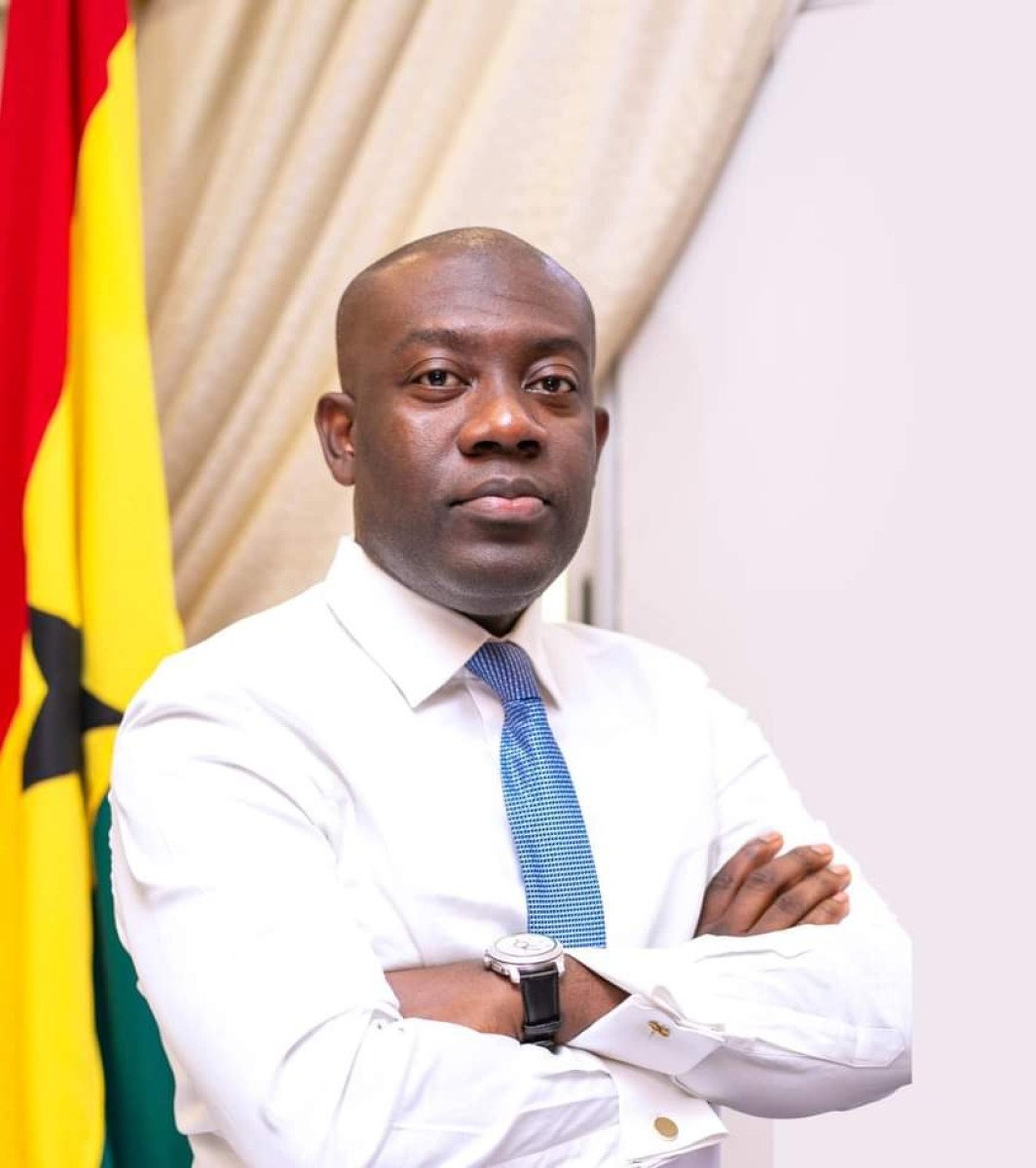The Minority in Parliament has raised strong concerns about the Bank of Ghana’s sterilization policy, describing it as inimical to the economy and calling for a more innovative approach to tackling inflation and boosting growth.
In a social media post, Ranking Member on the Economy and Development Committee who is also Member of Parliament (MP) for Ofoase Ayirebi constituency, Kojo Oppong Nkrumah, revealed that the Central Bank has withdrawn, or sterilized, more than GHS60 billion from circulation since January under the assumption that the Ghanaian economy was suffering from excess liquidity.
According to him, while sterilization is often deployed to contain inflation by reducing the amount of money available for spending, the current scale of the mop-up is counterproductive.
“From January till now, the central bank has admitted to us that they have mopped up over 60 billion Ghana cedis from the Ghanaian economy. When that money is packed at the Bank of Ghana, it is not available for demand, and so prices won’t rise that quickly. But this is one of the artificial ways of controlling inflation,” Oppong Nkrumah explained.
Sterilization, a monetary policy tool, works by withdrawing excess liquidity from the economy to curb demand-driven inflation. The Bank of Ghana argues that when people have less disposable cash, demand slows, thereby easing upward pressure on prices.
But the Minority contends that this approach comes at the expense of productivity, job creation, and private-sector expansion, pointing out that the amount sterilized is almost half of the Ghana Stock Exchange’s entire market capitalization, which currently stands at a little over GHS130 billion.
“If you sterilize 62 billion and compare it to our total stock market capitalization, you will see the scale of the problem. We cannot just continue packing liquidity at the central bank while businesses starve of capital,” he argued.
The Ofoase-Ayirebi MP proposed that part of the sterilized funds should instead be channeled into productive investment vehicles such as the Venture Capital Trust Fund.
The Fund, established under President Kufuor, is designed to mobilize equity financing for startups and small businesses. Unlike commercial loans, these equity investments allow entrepreneurs to access funding without the burden of interest payments.
“Young people with great business ideas could have access to this equity capital. If these funds go into the Venture Capital Trust Fund, they can be deployed to help entrepreneurs expand their operations, create jobs, and grow the economy. That is far more beneficial than simply sterilizing liquidity,” he stressed.
He further suggested that the funds could also be directed into the stock market to provide zero-coupon equity financing for already existing businesses to expand production and generate employment.
Mr. Oppong Nkrumah cautioned that relying solely on sterilization only offers a temporary fix to Ghana’s inflation woes.
“Eventually, when you release that money back into the economy, inflation will pick up again. So this old economic orthodoxy of just sterilizing money and packing it at the Bank of Ghana is not sustainable. What we need is a broader and better strategy that supports growth while managing inflation,” he said.
He called on government and policymakers to explore innovative approaches that balance inflation management with the urgent need for sustainable economic growth.








